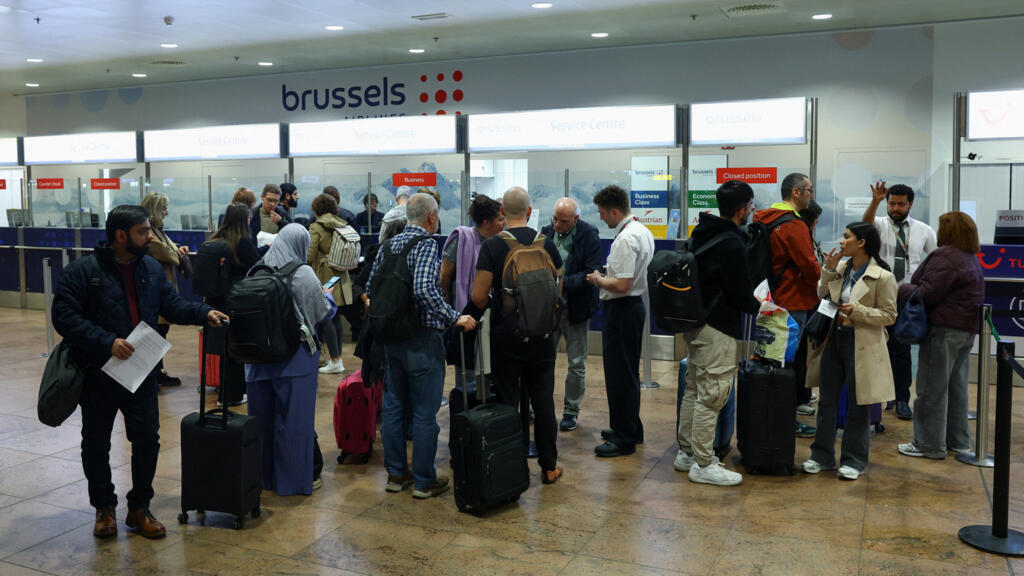Brussels Airport Resumes Operations Following Drone Sightings
Brussels Airport has announced plans to return to normal operations on Wednesday after a significant disruption that saw the cancellation of approximately 80 flights. This interruption stemmed from reports of suspected drone sightings in the vicinity of the airport. Authorities took immediate action to ensure the safety of passengers and staff, leading to heightened security measures and an organized response to deal with potential threats posed by drone activity.
The incidents at Brussels Airport are part of a broader pattern of growing concerns regarding coordinated drone activity in Europe, which some officials suspect may be linked to Russia's ongoing geopolitical maneuvers. As tensions escalate within the region, the implications of unauthorized drone operations raise alarms not only for airport security but also for national security across Europe.
In recent weeks, various airports around Europe have reported similar drone sightings, prompting discussions among security experts and government officials about the need for stricter regulations and enhanced surveillance technology. The situation in Brussels is particularly concerning given the airport's status as one of the main international gateways to Belgium and the European Union.
The decision to ground flights was made with the utmost caution; safety remains the top priority. Passengers were informed of the disruptions through various channels, including social media, airport announcements, and direct notifications from airlines. As travelers faced cancellations and delays, airport staff worked diligently to assist affected individuals, providing information and support during the ordeal.
In parallel, law enforcement agencies initiated investigations into the drone sightings, utilizing both ground and aerial surveillance to ascertain the source of the unauthorized drones. The collaboration between airport security and local police has intensified, reflecting the seriousness with which authorities are treating the incidents.
Responses from passengers have varied, with some expressing concern over the safety of air travel amid fears of potential drone-related incidents. Many travelers were left frustrated and anxious, while others recognized the need for vigilance in the current security climate. The situation underscores the challenges airports face in ensuring public safety while maintaining operational efficiency.
The airport's assurances of a return to normal operations signal a step towards stability, but the potential threat of drones looms large. As Brussels Airport prepares to welcome flights again, it remains dedicated to implementing robust security measures and monitoring for any unusual activities in the skies above.
This occurrence emphasizes the ongoing dialogue surrounding aviation security in the age of new technology. Authorities may need to consider implementing advanced detection systems or collaborate with technology firms specializing in unmanned aerial vehicles (UAVs) to mitigate such risks in the future. The recent events serve as a reminder of the evolving landscape of aviation security, where traditional methods may no longer suffice in addressing emerging threats.
As authorities continue to investigate the drone sightings, the focus will remain on ensuring passenger safety and restoring confidence in air travel. The successful management of this situation could set a precedent for how similar incidents are handled in the future, highlighting the importance of proactive measures in safeguarding airports and the air travel experience.












